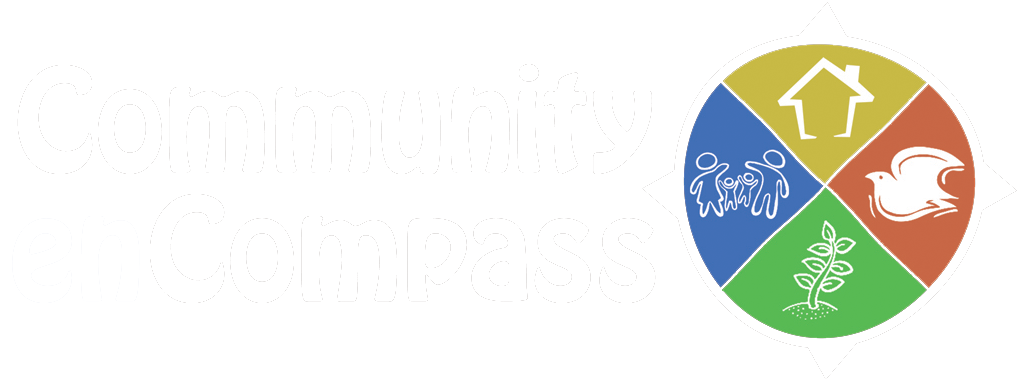March is National Disability awareness month. As we look at our work here at Community enCompass and the plethora of situations that result in neighbors walking through our doors, physical and mental disabilities and the cost of health care rank pretty high. In fact, Muskegon County has some worryingly high levels of people with disabilities also living under the poverty level.
15% of Muskegon County residents have a certified disability, 25% higher than the national average. 41% of Muskegon county residents live at or below 200% of the Federal Poverty level, 22%* higher than national average. These numbers alone are sobering, so this month we are taking the opportunity to educate ourselves about the links between poverty and health, health and poverty.
The conversation of health insurance has been hotly debated for many years now. Measures like the Affordable Care Act (Obama Care) tried to extend existing health insurance systems to those who could not afford the monthly deductions. Often people can find insurance through employment, but if you can only work part-time workplace insurance isn't an option. Even if you have insurance, it doesn't mean you can afford the cost of an accident, the copays, the non-deductibles. One visit to the ER can leave you with a 4 figure bill with mounting interest. It's not uncommon for people to have to make the decision of paying the medical bill, or paying the rent, or buying groceries, or heating the home. In short, the cost of health can drive families into poverty.
For many in lower-paying jobs, there's no guarantee of keeping that job after an accident or medical emergency. Many businesses can't afford to wait the months you need to recover, so your position gets filled with someone who can work, leaving you incapacitated, with mounting bills and no income. Some of us have a family/community that can support us until we’re back on our feet. Those are the lucky ones. Many of our neighbors lack those safety nets, and too often slip behind on rent, ending up sick, broke, homeless and alone.
Can't get much worse really, can it? Actually yes it can! Not only can the cost of healthcare lead to homelessness, the crippling conditions of homelessness can trigger bad health, addiction, and mental health issues, creating a vicious cycle that many of our vulnerably housed neighbors face as a daily reality. We have found that around 35% of the vulnerably housed neighbors we serve are also in need of connections to health resources for chronic medical conditions.
So, what’s the solution? While the causes of poverty, homelessness, bad health or addiction are many and varied, there is a growing philosophy that claims that a key to successfully combating these issues is plain and simple--permanent, decent housing. This philosophy is also known as Housing First. Providing a homeless person a home not only solves the issue of homelessness, but it also forms a foundation to deal with addiction, poor health, and unemployment.
Think of it:
If you are homeless and struggling with an addiction, even if you get clean, the burden of homelessness can easily push you back into addiction as a coping mechanism.
If you are homeless and have health issues, even if you are able to get medication or treatment, harsh weather, stress, lack of good food, keeping clean all can aggravate health issues.
If you are homeless and unemployed, even if you are fit and healthy and able to work, you are still homeless, with limited access to facilities to get cleaned up for an interview and no permanent address to put on a job application.
Housing First. This is one reason Community enCompass focuses so much on housing in our core-city neighborhoods. A home creates a sense of stability, a foundation to work on health and employment issues, AND it helps build the stability and pride that it takes to reinvest in and contribute back to the community. Together, seeking SHALOM in the City.
*Community Commons Economic Indicators Report for Muskegon County.



